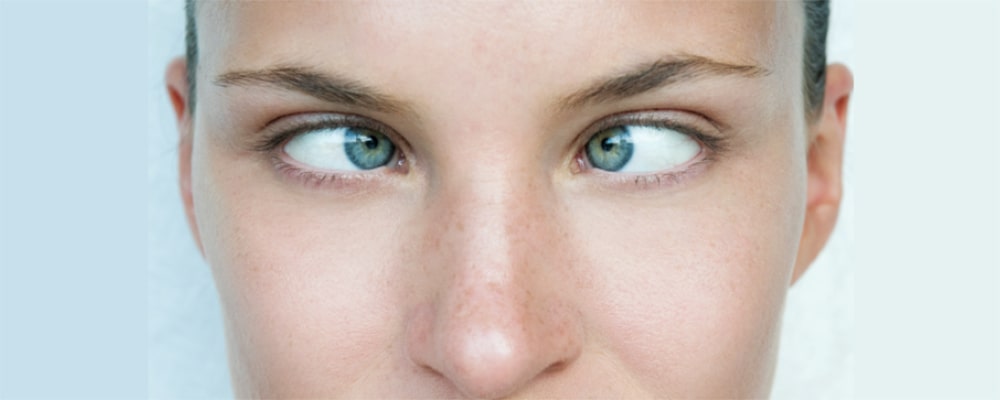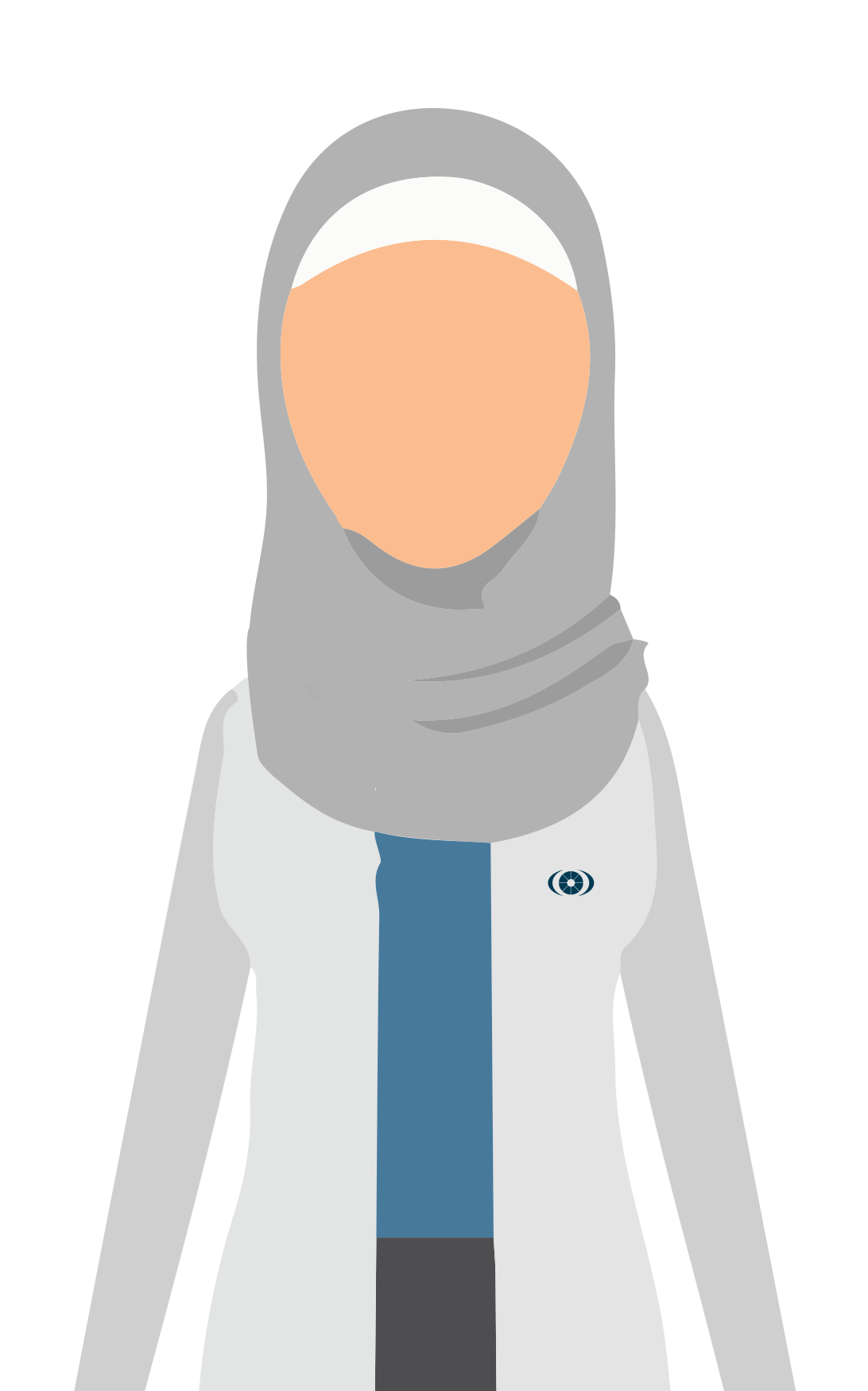
All you need to know about Strabismus surgery
Strabismus surgery (Crossed eyes) is a condition in which your eyes are not always align. There are some other names for strabismus such as crossed eyes, walleyes or squint. In this condition one of your eyes direction would change inwards, outwards, downwards or upwards unlike the other one. This misalignment can happen alternatively (especially when you are anxious, stressful or sick) or constantly.
How does Strabismus happen?
Inside your eye there are some muscles that help your eye to move in different directions and also control your eyelid (known as extraocular muscles). If anything happen to these muscles and cause them not to work properly, strabismus would happen. Another possible reason of squint is your brain nervous system dysfunction. Some people are born like this and this type is called congenital strabismus which is because of a trouble in his brain nerves or even a tumor. If it occurs later for adults it come with double vision. You should notice that if someone’s eye get crossed suddenly he may have a significant problem like stroke.
Specialists claim that there are different types of strabismus but we can classify them by the type of eye misalignment:
- Esotropia: if the patient’s eye moves inwards
- Exotropia: if the eye moves outwards
- Hypertropia: condition that the eye moves upward
- Hypotropia: when patient’s eye moves downwards
Strabismus treatment methods
Despite of the fact that, in the past eye doctors believed that there is a critical period to treat the strabismus and after that no one can treat it, nowadays the surgeons can improve strabismus whenever it’s needed. You should notice that the most effective strabismus surgery can be done before the age 6. Usually the strabismus would appear from the birth or six month after that.
In strabismus surgery the surgeon tries to make one or some eye muscles weaker or stronger or shift its place so that the eyes become align. This surgery is normally an outpatient one. In some cases strabismus can be treated by glasses, eye patch, a botulinum injection or some exercises and eye drops.
What are the indications of strabismus?
As we mentioned before it is almost clear if someone has squint or not. One of the patient’s eyes would not be straight while he’s looking directly. In some situations that a baby is exhausted he may have cross eyes, it is not a proof that your child has strabismus. You should discuss with an eye doctor. If you notice that your child closes one of his eye while looking at you or turns his head, it may be a symptom of double vision.
Strabismus surgery complications and risks
The Strabismus surgery has some risks as all other surgeries do. These complications seldom happen, but we mention some of them below:
- Eye infection
- In some cases the retina gets detached
- Eye redness
- Complications that are relevant to anesthesia
- You may feel pain in your eyes
- Patient may experience double vision
- Bleeding of eyes
- Friction of cornea
- Misalignment may remain
- Your sight may be reduced
- One of the patient’s eyes would not be straight while he’s looking directly
- your child closes one of his eye while looking at you
- your child closes one of his eyes when he turns his head



Reviews
Number of pending reviews15250